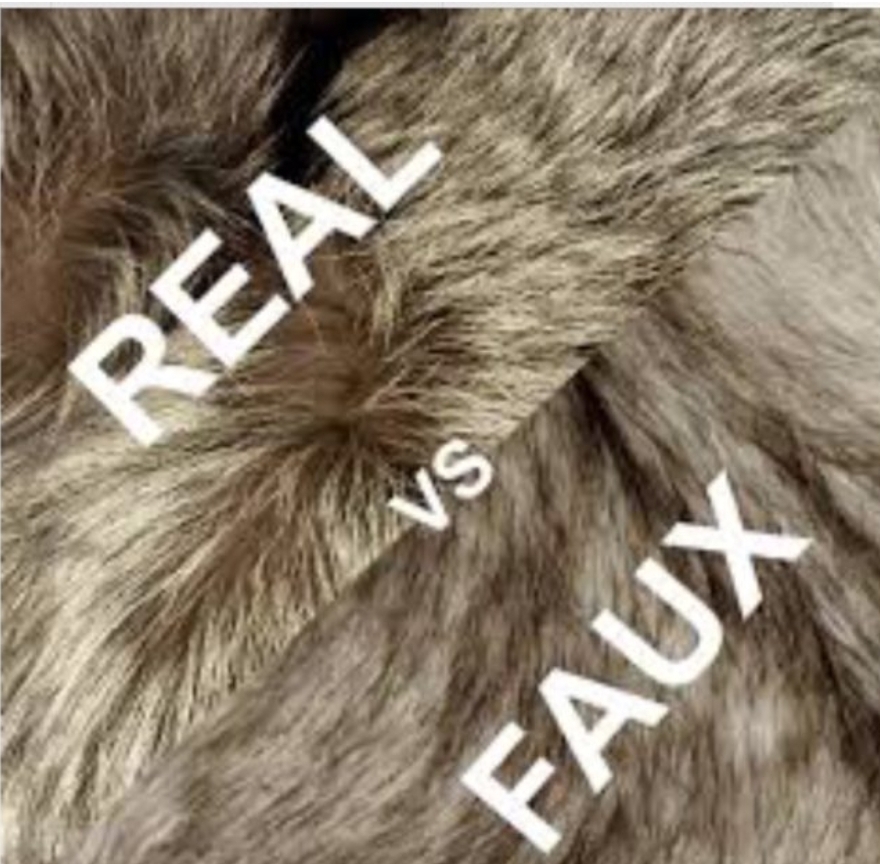A faux conservative is someone who claims to be a conservative but doesn’t genuinely uphold conservative principles. The term is often used to describe politicians or public figures who adopt conservative rhetoric for personal gain—whether for votes, influence, or financial success—while supporting policies or actions that contradict traditional conservative values.
Some examples of what critics might call “faux conservatism” include:
- Big Government Policies – Claiming to support limited government while expanding federal power.
- Fiscal Irresponsibility – Advocating for balanced budgets but approving massive spending increases.
- Weak on Cultural or Social Issues – Expressing conservative values but not acting on them when in power.
- Corporate or Establishment Loyalty – Prioritizing big business or political elites over grassroots conservative concerns.
It’s often a pejorative term used within the right to call out perceived hypocrisy or inconsistency.
Both Donald Trump and Elon Musk have been labeled as such by various critics.
Donald Trump: Throughout his political career, Trump has faced accusations of not adhering to genuine conservative ideals.
In 2016, Senator Ted Cruz criticized Trump, stating, “Donald’s record does not match what he says as a candidate.”
Similarly, Senator Rand Paul referred to Trump as a “fake conservative” due to his past progressive stances.
These critiques suggest that Trump’s policies and rhetoric may align more with populism and nationalism than with traditional conservatism.
Elon Musk: As a tech entrepreneur, Musk’s political affiliations have been fluid. While he has expressed support for certain conservative positions, such as advocating for free speech, his stances on issues like environmentalism and government subsidies for green technologies have led some to question his conservative credentials. An article from American Compass cautions conservatives against embracing Musk uncritically, suggesting that his approach may not align with a healthy conservatism.
Both Trump and Musk have been described as “faux conservatives” by critics who argue that their actions and beliefs do not consistently reflect traditional conservative values.







